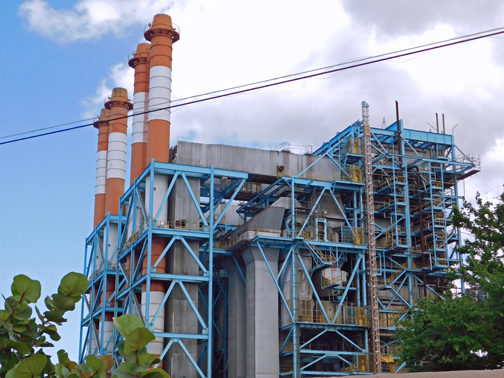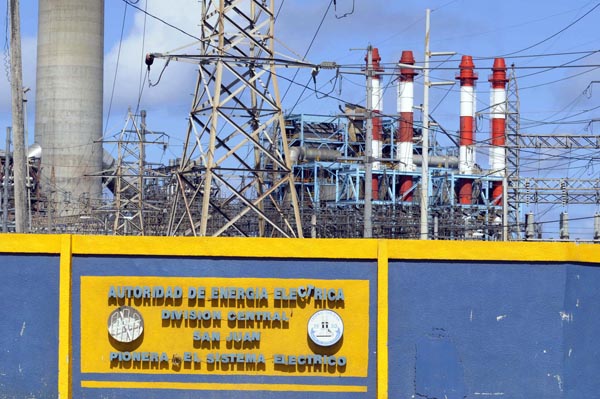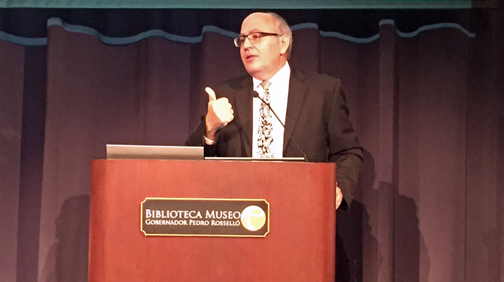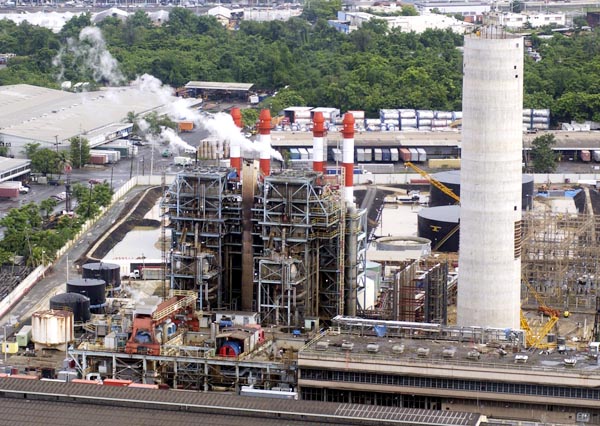IEEFA: PREPA privatization law invites more contracting scandals


Citigroup was part of PREPA’s underwriting team for every PREPA bond issuance from 2010 to 2013 — PREPA now owes $9 billion in bond debt.
The law that Puerto Rico enacted last month to privatize the Puerto Rico Electric Power Authority has many flaws, including labor protections that are too weak, an unnecessary restructuring of the Puerto Rico Energy Commission and a lack of commitment to strong energy planning, the Institute for Energy Economics and Financial Analysis affirmed
And it is likely to lead to more contracting scandals at the troubled agency, the nonprofit research firm noted .
“PREPA has had no shortage of contracting failures. The most high-profile scandal, of course, was the agency’s hiring of Whitefish Energy to rebuild the electricity system after hurricanes Irma and María decimated the island in September,” said IEEFA Energy Analyst Cathy Kunkel, and Tom Sanzillo, director of finance in a joint scrutiny of plans to privatize the public corporation.
Although the debacle prompted Gov. Ricardo Rosselló in October to order the Puerto Rico Office of the Comptroller to audit the Whitefish contract, the audit has never been released, nor is it clear that it ever was performed. The governor subsequently cancelled the Whitefish contract.
“And while Whitefish garnered the most public attention, the Puerto Rico Energy Commission has also faulted PREPA for its overpriced renewable energy contracts, its poorly structured contracts resulting in excessive consultant fees, its contracts with companies [notably Siemens] with clear conflicts of interest, and its failure to use competitive bidding,” the analysts said, adding PREPA’s new privatization law could “easily open the door to more politically-driven contracting practices like these.”
For example, Alpine Group, a Washington, D.C.-based lobbying firm representing a consortium of Shell, ITC/Fortis and Kindle Energy has over the last few months circulated a proposal for a $4 billion build-out of natural gas infrastructure in Puerto Rico
“This proposal is aligned with the vision of Congressman Rob Bishop (R-Utah), chair of the U.S. House Committee on Natural Resources, who has been pushing for Puerto Rico to become a natural gas hub,” the executives noted.
Questions abound about the role of Siemens
The Shell, ITC/Fortis and Kindle scheme flies in the face of two major documents currently governing PREPA’s actions: the fiscal plan approved by the Federal Oversight Management Board for Puerto Rico, which found that PREPA cannot become fiscally solvent while retaining its high dependence on fossil fuel imports and PREPA’s integrated resource plan (IRP), which has been approved by the Puerto Rico Energy Commission and calls for greater reliance on renewable energy.
“However, the new privatization law allows for exemptions from the IRP and puts the Public Private Partnership Authority — an agency in the government’s executive branch — not the fiscal board or the energy commission, in control of contract negotiation and enforcement,” the IEEFA executives added.
The Alpine Group’s involvement in this plan also leads to questions about the potential role of another one of its clients: Siemens, a key player in the Puerto Rico electricity system.
As a manufacturer of natural gas turbines, Siemens has an interest in promoting natural gas development in Puerto Rico.
“Siemens developed PREPA’s first integrated resource plan, which was rejected by the energy commission — and then PREPA hired them again recently to develop its new plan, a move which we have questioned,” the analysts noted.
The new privatization law would prevent a single owner from controlling the entire generation system, thus precluding the Shell consortium’s plan in its current form. But the consortium would likely be able to figure out how to adjust its structure to conform with the law, and the new law would not prevent the overall transition to natural gas that these corporations are promoting, they added.
“And beyond the consortium’s scheme, the entire PREPA privatization plan is rife with conflicts of interest and politically-connected hiring decisions. The government’s financial advisors for the implementation of the privatization law are Citigroup and Rothschild,” they said.
Citigroup was part of PREPA’s underwriting team for every PREPA bond issuance from 2010 to 2013 — PREPA now owes $9 billion in bond debt.
“PREPA is now bankrupt, in large part because of its reckless borrowing, and an investigation by the Commission for the Comprehensive Audit of the Public Credit — a body that Governor Ricardo Rosselló disbanded shortly after taking office in 2017 — questioned the diligence of the underwriters. Yet, in another example of politically-driven contracting, the Oversight Board has also hired Citigroup as an advisor on the asset sales,” the two IEEFA representatives stated.
At the behest of the Oversight, law firm Kobre and Kim is investigating the commonwealth’s past bond deals. The firm is due to release a report which is likely to comment on the quality of prior due diligence processes and on the work of the professionals who were hired to carry them out.
The release of the report has been delayed, causing consternation among some of the Commonwealth’s creditors, the analysts noted.
“Puerto Rico’s new privatization law is dangerous because, lacking a firm vision for the transformation of the energy system, it surrenders control to any outside entity with the resources to make a bid,” Kunkel and Sanzillo said.
“The vision promoted by Congressman Bishop and the Shell consortium will lock Puerto Rico into decades of over-priced electricity and halt any real transformation of the electrical system,” they concluded.










